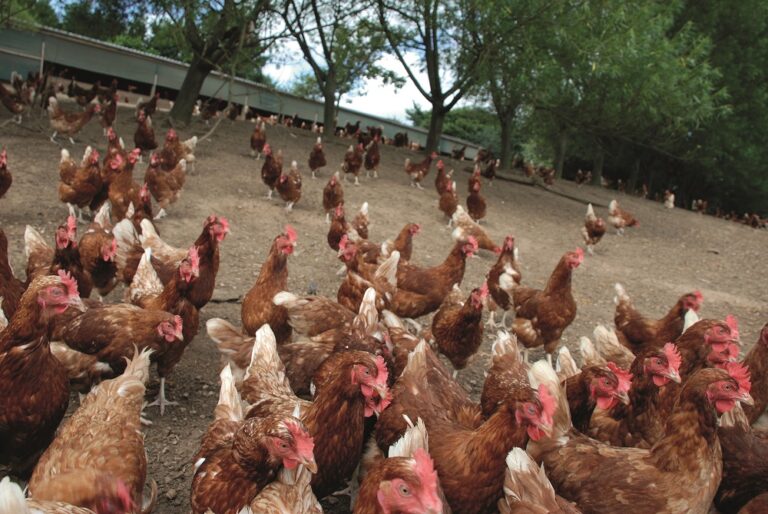Farmers with intensive poultry or pig enterprises are being reminded that their Environmental Permits may soon need to be reviewed to ensure they operate the farm using Best Available Techniques (BAT) to protect people and the environment.
Under new European legislation, BAT is reviewed and updated periodically through the BAT Reference Document (BREF) for the Intensive Rearing of Poultry or Pigs (Industrial Emissions Directive 2010/65/EU). A new version of the BREF was released in 2017 and the Environment Agency (EA) updated its permits to be compliant with the new BAT conclusions.
The new BAT conclusions were published on February 21, 2017 and all farms permitted before that date have four years to comply, ie until February 21, 2021.
“The EA will be carrying out the review of all intensive farming permits from early 2019 until late 2020,” said Vicky Price, chartered surveyor with Berrys at Hereford.
“Although most permit holders complying with existing permit requirements will be meeting most of the newly revised techniques, there are some additional requirements that apply to all farms, primarily around reporting emissions and in some instances requirements for new housing.
“If you are considering building new sheds or facilities, expanding or changing your operation please speak to the EA to check what the new requirements are.
“If the EA needs to update your permit, it will be in contact with a revised permit and further information on any changes or requirements during this time period. If you have a recently issued or varied permit (from around November 2017 onwards) you will not need a revised permit.”
To make the process as straightforward as possible EA anticipates that it can use the information it already holds about the farm and will only need to get in touch if additional information is needed. Subsequently, it will be able to charge a reduced variation fee of £380, compared to usual variation fees of between £2406 to £7218.
“Although some changes may only be small, the EA will still have to vary the permit,” Price explained.
“For example, a recently built site with a permit issued before the 2017 date was informed by the EA that whilst the site infrastructure was compliant with BAT, the Agency would still need to review and update the permit to bring it in line with the new BAT conclusions.
“Once the permit has been varied the operator will be required to report to the EA the annual nitrogen, phosphorus levels of the manure as well as dust and ammonia emissions to the air.
“They will have to keep all their existing management documents together under one environmental management system, and for sites where odour or noise complaints are received, a form of operator self-monitoring will be required.”


